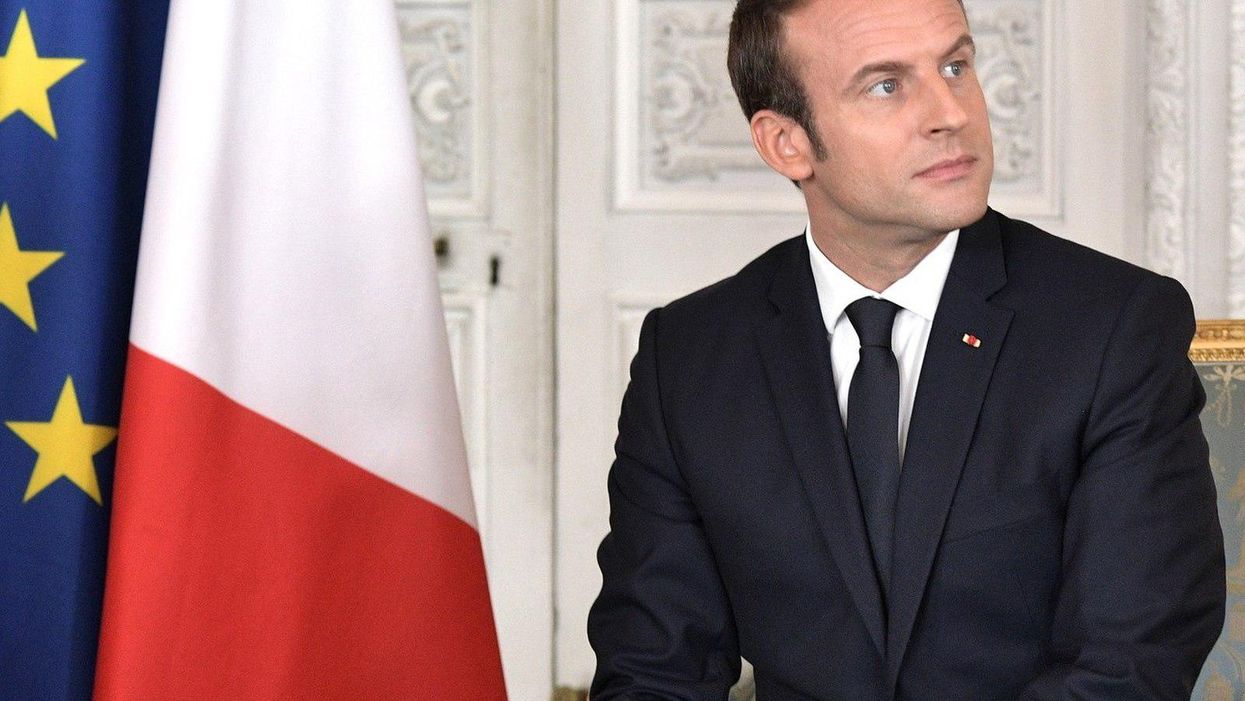Paul Krugman Warns Trump Voters Are About To Get 'Brutally Scammed'
Although Paul Krugman retired from his New York Times column after almost 25 years, the liberal economist is still keeping busy and making media appearances — including an interview with The New Republic's Greg Sargent posted on January 14.
Trump aggressively campaigned on the economy last year. But Krugman, during an appearance on The New Republic's podcast, laid out a variety of reasons why he believes Trump voters will suffer economically after he returns to the White House.
Krugman told host Sargent, "A lot of people are going to get brutally scammed. Those are his most fervent supporters…. Probably the local business elites are the most fervent MAGA types out there — more so even than the working class, but that doesn't mean that Trump cares about their interests. Small businesspeople are the people that he's, all through his life, hired as contractors and then not (paid), right? Scamming people like that is what his whole life has been (about)."
Small businesses and consumers, the economist warned, will suffer the consequences if Trump follows through on the aggressive tariffs and mass deportations he is proposing.
"Trump has really radical policy ideas," Krugman told Sargent. "I obviously think they're terrible, but they are radical. He wants Smoot-Hawley-level tariffs. He wants mass deportations. He wants to take away the independence of the Federal Reserve. How do you justify all of that when we're pretty much a Goldilocks economy?"
Trump hammered President Joe Biden and Vice President Kamala Harris relentlessly over inflation during his 2024 campaign, but Krugman warned that the tariffs Trump is proposing will be quiet inflationary.
The economist told Sargent, "If we take the totality of stuff that Trump seems to want to do — he wants to raise tariffs but cut taxes on high incomes — it's basically working-class voters (who) are going to face higher prices and upper-income voters (who) are going to benefit from tax cuts. This really is very much contrary to their interests, then you add in all the other stuff. Even more than usual for a Republican, he appears to have an extremely regressive economic program in mind — one that really will effectively redistribute income away from working-class voters to the top."
Reprinted with permission from Alternet.












